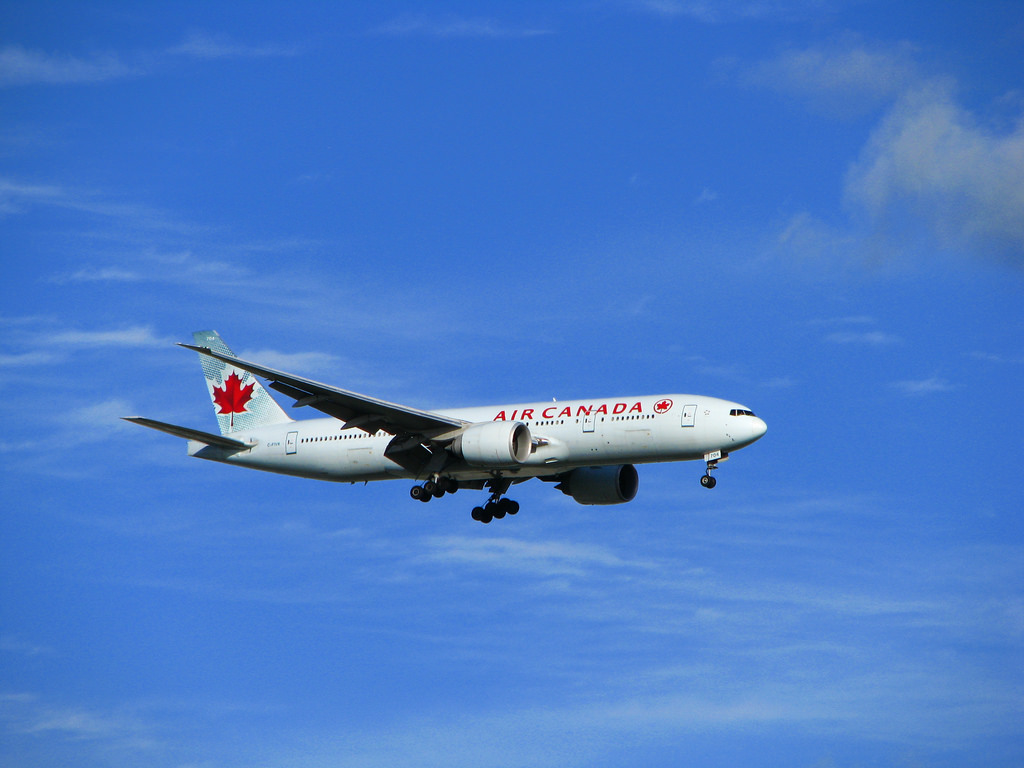
TORONTO –A network of Canadian lawyers are volunteering at airports across the country to help people who could be affected by a U.S. travel ban navigate the shifting landscape.
A federal judge in Seattle froze the ban, which affects people from seven Muslim-majority countries, on Friday. The initial executive order signed by U.S. President Donald Trump on Jan. 27 barred all travellers originally from the targeted countries, including visa and green card holders.
And while the “temporary restraining order” issued by Judge James L. Robart Friday has temporarily lessened the lawyers’ workload, Corey Shefman of Toronto said the hundreds of lawyers who have signed up to volunteer are waiting at the ready for further developments.
“One of the most serious concerns over the last week is that nobody really knows what the heck is going on. Is this court order enforced?’ Is that court order enforced? Are none of the court orders enforced?” he said.
“So travellers who are from the affected countries –and some of them who honestly aren’t from the affected countries –are looking for answers. So one of the roles that our lawyer volunteers play is to help provide those answers.”
They stand by the U.S. departures, holding signs offering free legal help, he said. And they’re being kept up to date “minute by minute” so they always have the latest legal information.
“The other service we’re providing is to make it clear to people at the airport that there is help,” he said. “I think we’ve also helped to create a safe space at the airport for travellers.”
Shefman said the Canadian lawyers started volunteering in response to a call from the International Refugee Assistance Project in New York.
“We’ve been wonderfully overwhelmed with the outpouring of support,” said Elizabeth Foydel, policy counsel for IRAP. She said Canadian lawyers have been a great help to her organization.
Initially, Foydel said, individual Canadian lawyers and groups of lawyers were contacting her organization. But they ended up joining forces and forming the Canadian Cross-Border Legal Coalition.
It’s streamlined the process, and taken some of the heat off of IRAP _ the coalition is now able to take on some of the work of spreading information, which IRAP was previously doing.
Shefman said he felt driven to take on some of the work.
“For me, as a lawyer, I believe that we have an obligation to work for justice wherever it may be needed,” he said. “We aren’t American, we aren’t in the United States, but this isn’t just an American problem.”
“I’m Jewish, and I learned about the Holocaust growing up, and it’s very much a part of my identity,” he said, adding that it’s hard to hear about refugees being barred.
“When you hear about denying all entry to travellers from certain countries that just happen to have a majority of people from one religion, you know, what a coincidence, it brings to the forefront some really strong and uncomfortable memories of that time in our history.”
But he said it’s been heartening to see so many people working together on the project.
There are outposts and lawyers on call at airports across the country; the biggest are in Toronto, Vancouver and Montreal, but there are also volunteers in Ottawa.
And Shefman said they’re still looking for more volunteers, as the legality surrounding the ban is constantly in motion and they could need more help in the coming weeks.
Early Sunday, the 9th U.S. Circuit Court of Appeals in San Francisco denied the American Justice Department’s request for an immediate reinstatement of the ban. The court asked challengers of the ban respond to the appeal, and for the Justice Department to file a counter-response by Monday afternoon.